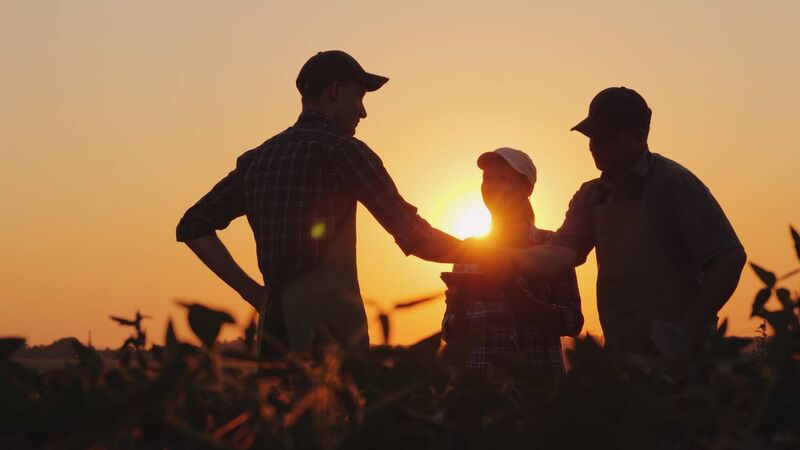Legal Advice: Is a partnership right for our farm?

A farm partnership is where two or more farmers combine their farming operations into one business. Picture: iStock
Try from €1.50 / week
SUBSCRIBEDear Karen,
Recently, my wife and I have started succession planning for the future. We have been looking into the best ways of transferring our tillage farm to our two sons when the time comes. We want to make the transition as smooth as possible and have noticed one potential option is to establish a farm partnership. What would a farm partnership involve and what are the benefits in relation to succession planning?
Already a subscriber? Sign in
You have reached your article limit.
Annual €130 €80
Best value
Monthly €12€6 / month
Introductory offers for new customers. Annual billed once for first year. Renews at €130. Monthly initial discount (first 3 months) billed monthly, then €12 a month. Ts&Cs apply.
Newsletter
Keep up-to-date with all the latest developments in Farming with our weekly newsletter.
Newsletter
Keep up-to-date with all the latest developments in Farming with our weekly newsletter.
Newsletter
Sign up to the best reads of the week from irishexaminer.com selected just for you.
Newsletter
Keep up with stories of the day with our lunchtime news wrap and important breaking news alerts.
Sunday, February 8, 2026 - 7:00 AM
Sunday, February 8, 2026 - 7:00 AM
Saturday, February 7, 2026 - 11:00 PM
© Examiner Echo Group Limited